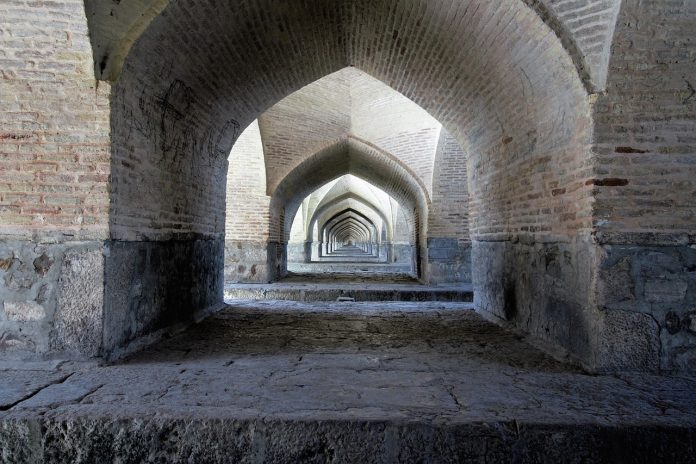JERUSALEM (Morning Star News) – Two Christian converts from Islam planning to meet in a northern city of Iran were detained on the same day, part of what rights advocates say could be part of a rash of arrests in the area.
Behnam Ersali and Davood Rasooli, both of Karaj, were arrested on Friday (Nov. 16) before they were scheduled to meet in Mashhad, according to advocacy organization Middle East Concern (MEC). It is believed that Iranian intelligence intercepted calls between the two men to learn of their plan to meet, according to MEC.
“It reveals how closely the Iranian authorities are closely monitoring the Christians,” said Rob Duncan, regional manager at MEC.
Ersali, a former member of the Assemblies of God church in Tehran, had traveled to Mashhad and was arrested at his friends’ home there. Six plain-clothes officers, including a woman, entered the home without legal permission. He was arrested along with another person who was later released, according to Mohabat News.
On the same day, Rasooli was arrested in front of his home in Karaj by two plain-clothes officers at 6 a.m. as he was preparing to leave for Mashhad, according to Mohabat news.
Both have been taken to unknown locations and have had no contact with their family or relatives, according to MEC.
“The fact that there has been no information and relatives haven’t been informed shows security agents are involved,” Duncan said.
After the officers took Rasooli away, agents returned to search his house and confiscate books and other belongings, according to MEC.
A friend believes Rasooli was taken to Rajai-Shahr Prison in Karaj, which has cells for interrogation and solitary confinement, Duncan said.
There are reports of several arrests of Christians in the northern cities of the country, according to Mohabat News, which added that some may have been released.
“This year there have not been too many arrests [in Iran], but Karaj has been one place in particular where many people have been arrested this year, and from a number of different groups as well,” Duncan said. “It seems like Karaj is a dangerous place for Christians at the present time.”
Authorities are likely trying to get information from the arrested Christians, which could lead to more arrests, Duncan said.
“It’s unfortunately very likely that we are going to have further news,” Duncan said.
Christians in Iran are often arrested and held for long periods without charge, advocates say. They are often pressured to recant their faith in order to be released immediately, Duncan said, while those who persist in their faith, along with leaders, may often be held longer.
Many have been charged with spurious, security-related charges such as “acting against national security” and sometimes handed prison sentences of 10 years or longer.
Most recently, Saheb Fadaei and Fatimeh Bakherti, both converts from Islam, were sentenced to more than a year in prison for “spreading propaganda against the regime,” a common charge used against Christians along with “acting against national security.” Fadaei was already serving a 10-year sentence.
The U.S. State Department has designated Iran as a Country of Particular Concern for severe religious freedom violations, and the U.S. Commission on International Religious Freedom recently recommended it remain on the list.
In Christian support organization Open Doors’ list of countries where it is most difficult to be a Christian, Iran had a score of 85 out of 100 in the 2018 World Watch List, leaving it ranked 10th out of 50.
At the same time, various aid and rights groups affirm that the underground church is growing in Iran in spite of the crack-down. As many as 800,000 Iranians are worshipping Christ within Iran’s borders, according to Open Doors, and other organizations believe the figure could be as high as 1 million in the country of 80.3 million.














